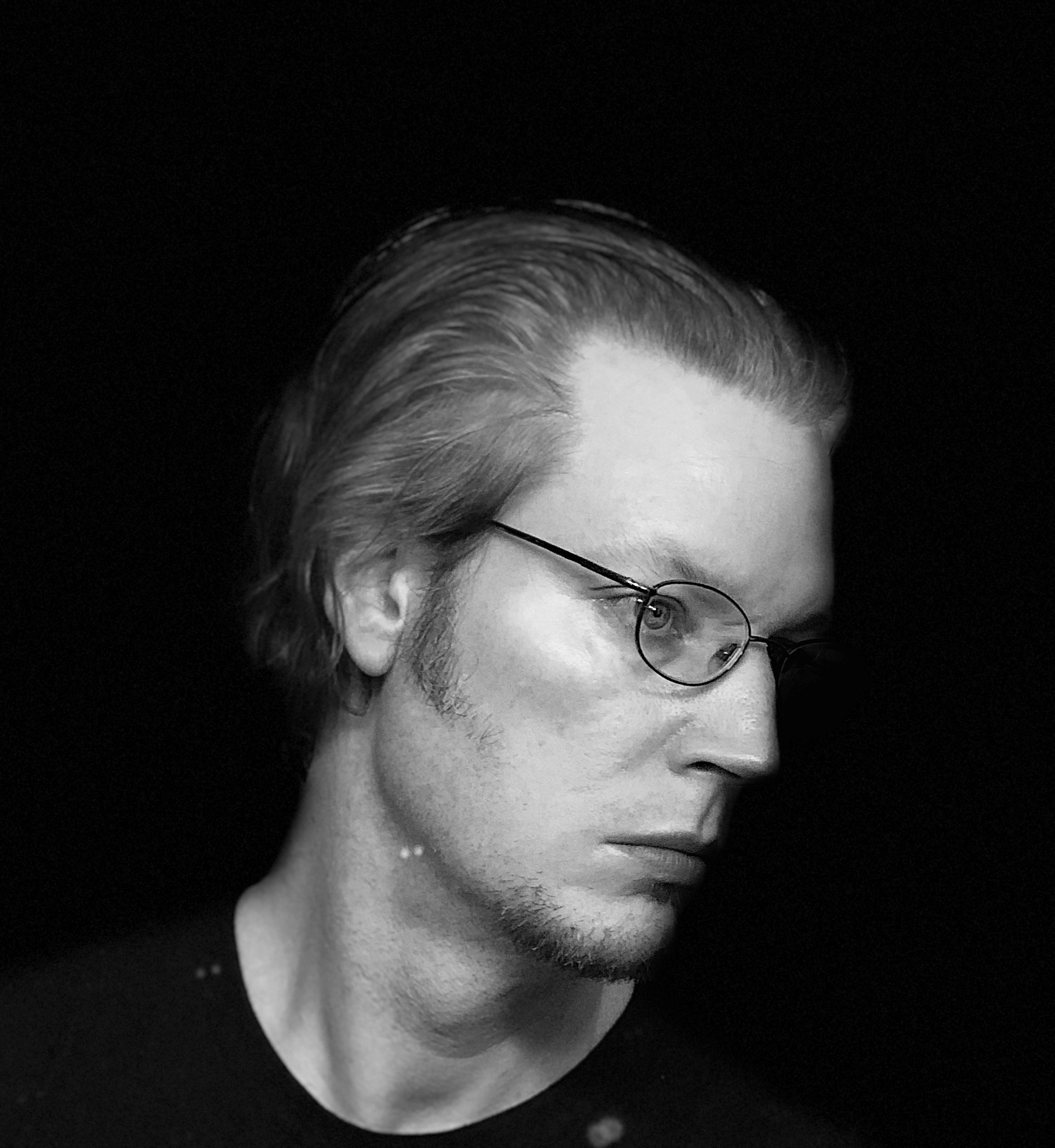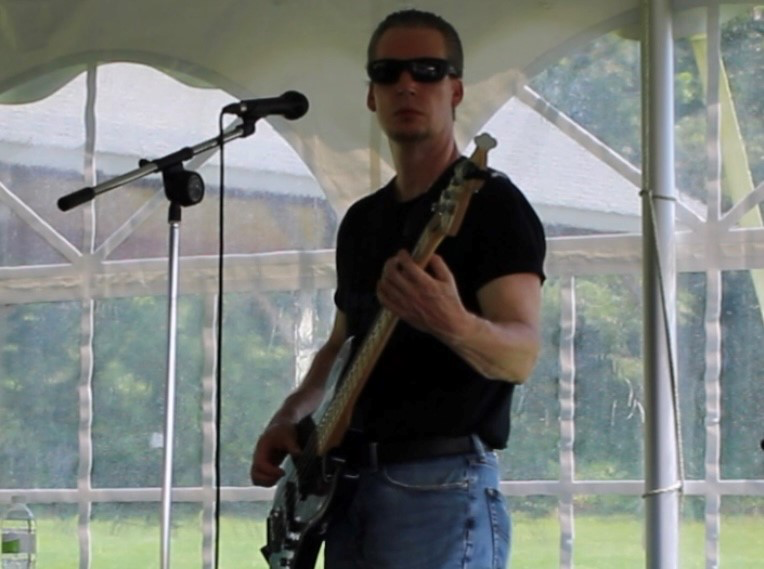Blunt Blade’s sophomore album, Forgiveness, is not just a collection of songs—it’s a sonic odyssey that drags you through the darkness, tests your emotional endurance, and rewards you with glimpses of hope just when you need them most. At times raw, at others orchestrally grand, this album is a bold artistic leap that confirms what his debut only hinted at: Blunt Blade is crafting a musical world entirely his own.

Hailing from southeast Minnesota, Blunt Blade is no stranger to eclecticism. As a multi-instrumentalist with a voracious appetite for sound, he blends everything from progressive and alternative rock to orchestral, electronic, and even hints of dance and disco. But where his self-titled debut leaned more on indie and rock, Forgiveness is a deeper, more mature dive into progressive rock and cinematic composition.
The result is a dramatic, brooding atmosphere that runs throughout the album. Think early Dream Theater meeting Radiohead in a dark cathedral—there’s tension, beauty, and an eerie calm just beneath the surface.
One of the most impressive aspects of Forgiveness is its production quality. Mixed by Gordon Davidson and mastered by Alex Wharton at the legendary Abbey Road Studios in London, the album boasts a soundscape that is crisp, full, and layered. The attention to detail is clear—each track sounds massive without feeling overstuffed, and the dynamic range from quiet introspection to booming climaxes is expertly controlled.

Producer Aaron Ruppert, who also worked on Blunt Blade’s debut, returns and brings a steady hand to the ever-changing sonic terrain. The mix allows each instrument to breathe, letting Blunt Blade’s baritone vocals cut through without overpowering the instrumentation.
Thematically, Forgiveness leans into storytelling that’s both tragic and introspective. Each song plays out like a short film, some ending with moral lessons while others leave the listener suspended in emotional ambiguity. This kind of songwriting isn’t afraid to ask hard questions or dwell in the darker corners of the human experience. It’s not always easy listening—but it’s always compelling.
The title track, which clocks in at over 10 minutes, is a clear centerpiece. Beginning slowly with atmospheric textures and moody guitar, it builds layer by layer into an epic crescendo that pulls from classical structure and progressive rock dynamics. The final section—a dark, almost funereal coda—leaves listeners with a lingering question: is there redemption in the end, or just reflection? It’s that haunting uncertainty that gives Forgiveness its staying power.

Blunt Blade’s musical foundation is as wide as it is deep. Starting piano at age seven, picking up guitar, bass, and drums by sixteen, and leading a cover band with a name like Chainsaw Vendetta, his journey has never followed a straight path. With influences ranging from Frank Zappa and Miles Davis to Iron Maiden and Tame Impala, it makes sense that his music doesn’t fit neatly into any one genre.
His baritone voice adds another distinct layer. It’s not the typical alt-rock tenor that dominates the charts. Instead, his voice brings a depth and seriousness that feels grounded and mature—more storyteller than showman.
Forgiveness is not background music. It demands your full attention and rewards it with musical complexity, emotional depth, and artistic integrity. This is an album that challenges as much as it entertains, offering a rich and immersive listening experience from start to finish.
For fans of progressive rock, conceptual storytelling, or just finely crafted music with something to say, Blunt Blade’s Forgiveness is an essential listen. It’s moody, melodic, and masterfully produced—a bold second chapter from a truly original voice in independent music.
Connect with BLUNT BLADE on
Instagram
